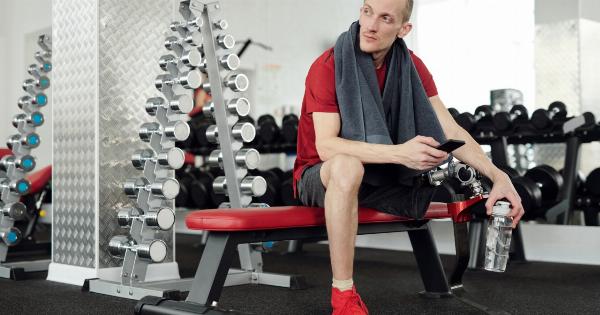It is a well-established fact that people’s free time varies significantly. While some individuals seem to have an abundance of free time, others feel like they can never catch a break.
This discrepancy can be attributed to various factors, including work-life balance, personal responsibilities, and individual choices. In this article, we will delve deeper into the reasons behind this disparity and explore the implications it has on individuals and society as a whole.
The Impact of Work and Responsibilities
One major aspect that heavily influences free time is work. Some people have demanding jobs that require long hours, strict deadlines, and constant availability.
These individuals often find themselves consumed by work commitments, leaving little room for leisure activities.
Moreover, personal responsibilities such as raising a family, taking care of elderly parents, or managing a household can significantly limit the amount of free time one has.
These duties require constant attention and effort, leaving little opportunity to engage in personal hobbies or relaxation.
Lifestyle Choices
Different lifestyle choices can also contribute to the discrepancy in free time. Some individuals prioritize their careers, actively seeking out opportunities for professional growth and advancement.
These individuals may voluntarily dedicate more time to work, sacrificing their free time in the process.
On the other hand, some people intentionally choose to prioritize leisure activities over work or other obligations.
They may opt for jobs with fewer working hours or flexible schedules to ensure they have ample time for hobbies, travel, or spending time with loved ones.
The Socioeconomic Factor
Socioeconomic status can have a significant impact on an individual’s free time. People with higher incomes may have more flexibility in their work schedules or have the resources to delegate certain responsibilities, freeing up more leisure time.
Conversely, individuals with lower incomes may be more likely to have jobs with irregular hours or multiple jobs to make ends meet, leaving them with little time for themselves.
Additionally, access to resources such as transportation and childcare can make a difference in the amount of free time one has.
Those with limited access to these resources may spend more time managing their daily logistics, further reducing their available leisure time.
The Technological Dilemma
The rapid advancement of technology has revolutionized our lives in numerous ways but has also introduced a new dilemma regarding free time.
While technology has made various tasks more efficient and convenient, it has also created a constant connection to work and a plethora of distractions.
With smartphones, laptops, and other devices, work-related emails, calls, and tasks can intrude on personal time, blurring the boundaries between work and leisure.
Additionally, the emergence of social media and endless entertainment options can easily consume hours of free time, leaving little room for other pursuits.
The Importance of Free Time
Having access to free time is crucial for physical, mental, and emotional well-being. It allows individuals to recharge, pursue their interests, and spend quality time with loved ones.
Without sufficient free time, individuals may experience burnout, stress, and a diminished sense of fulfillment.
Furthermore, free time fosters creativity, as it provides opportunities for exploration, self-expression, and personal growth.
It allows individuals to engage in activities that bring them joy and satisfaction, leading to a more balanced and fulfilling life.
The Societal Impact
The unequal distribution of free time can have broader societal implications. In societies where certain individuals have significantly more free time than others, disparities in well-being, happiness, and life satisfaction can emerge.
This can contribute to social inequality and deepen existing divides.
Moreover, the lack of free time can hinder individuals’ ability to engage in civic and community activities.
Participation in volunteer work, neighborhood events, and community initiatives often requires a significant time commitment, making it challenging for individuals with limited free time to get involved and contribute to their communities.
Seeking a Better Balance
Recognizing the importance of free time and striving for a better balance is crucial for individuals, employers, and policymakers alike.
Employers can promote work-life balance by offering flexible schedules, encouraging breaks, and setting reasonable workload expectations.
Individuals can prioritize their free time by setting boundaries, managing their time effectively, and making conscious choices about how they allocate their hours.
It is essential to assess priorities, identify time-wasting activities, and make room for activities that bring fulfillment and joy.
Policymakers can contribute by advocating for policies that encourage work-life balance and support access to essential resources such as affordable childcare, reliable public transportation, and adequate social support systems.
Conclusion
In conclusion, the fact that some people have more free time than others is undeniable. Work, personal responsibilities, lifestyle choices, socioeconomic factors, and technological advancements all play a role in this disparity.
Understanding the reasons behind this imbalance is crucial for individuals, employers, and policymakers to strive for a better balance that allows everyone to enjoy the benefits of ample free time.































